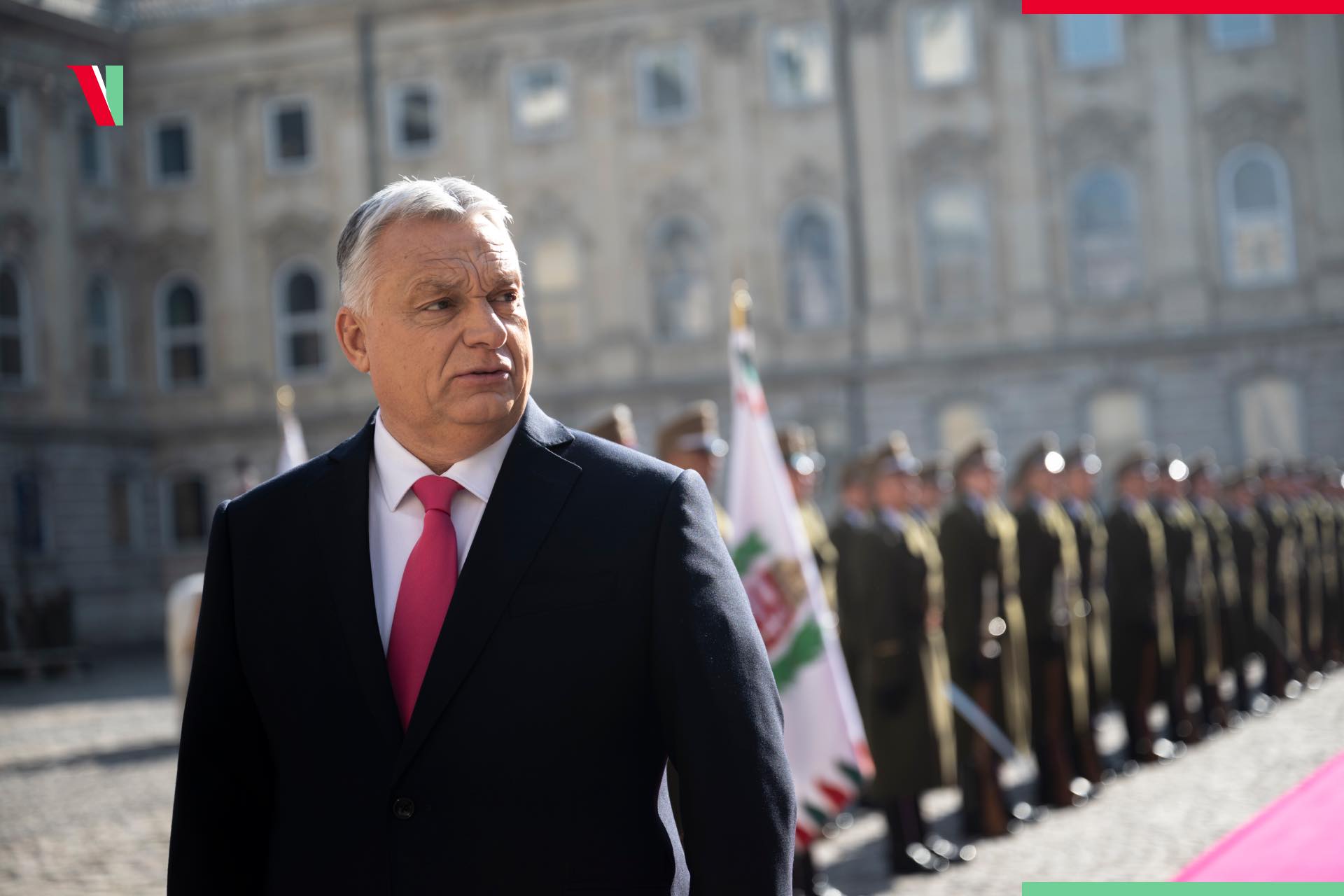Hungary’s economic freefall: Is PM Viktor Orbán’s empire crumbling?

Hungarian Prime Minister Viktor Orbán’s political stability has been shaken by the economic challenges of recent times. The inflation crisis, fiscal imbalances and market interventions are dividing society, while the opposition is gaining ground. The stakes of the upcoming elections are high, as for the first time it seems a real possibility that Fidesz will lose power.
The government has introduced interventions to curb inflation, such as price controls on food and fuel. These measures have had an ambiguous effect: while keeping the prices of some products artificially low, the market has been distorted and supply disruptions have led to the disappearance of some products from the shelves. In an article by the New York Times, experts say that these measures are more of a temporary fire-fighting measure than a long-term solution.

Who is responsible?
Officially, the government blames foreign chains for skyrocketing food prices, but in reality, these discount chains are operating at below-average prices. Competitiveness problems in the food and agriculture industries and high taxes play a much bigger role in inflation. This is compounded by the fact that the price increase in the services sector exceeds even the increase in food prices.
According to G7, the Hungarian government’s public relations measures, such as the introduction of a maximum 10% trade margin on 30 basic foodstuffs, are more about reassuring the public than tackling the problem. These measures, like previous interventions, do not reduce prices but may even exacerbate supply problems in the long term.

Prime Minister Viktor Orbán spoke of a global political shift, but his analysis appears more focused on shaping a narrative of success rather than addressing economic realities. The government strategically employs communication tactics to shift responsibility, blaming inflation on retail chains, slow growth on Germany’s economic struggles, and geopolitical tensions on the EU.
At the same time, the Hungarian government completely ignores the problems caused by its own policy choices, such as the loss of resources due to confrontation with the EU. Increasingly, the government’s strategy is based on spectacular short-term moves to win elections, the economically damaging effects of which will be felt later.
The rise of the Tisza Party and the popularity of Péter Magyar
A new player in the opposition camp, the Tisza Party and its leader Péter Magyar, is gaining support. According to the government, Magyar is only a temporary phenomenon, but opinion polls show that support for the Tisza Party is growing rapidly. According to Szeretlek Magyarország, there is a growing demand among the electorate for a credible alternative capable of bringing about real change.

The government’s economic policy is not fundamentally about long-term stability, but about maximising short-term political gains. Steps taken to address the problems of inflation, budget deficits and indebtedness tend to delay real solutions. Increased consumption due to redistribution is sustainable for a while, but then austerity will be inevitable.
The economy is increasingly driven by election cycles and the government continues to blame external factors rather than real problems. In such a situation, stable and sustainable economic growth cannot be expected. With Péter Magyar’s rapid rise putting Fidesz in an uncomfortable position ahead of the upcoming elections, the Hungarian government will likely increase spending to regain popularity, potentially triggering another wave of inflation.
Read also:







